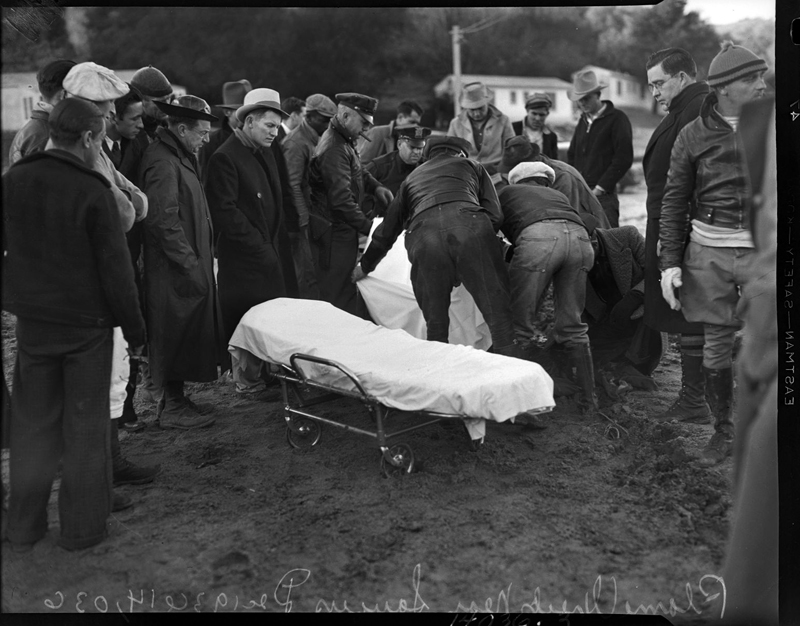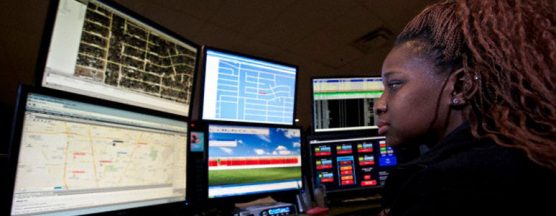Recognizing the key importance of public safety dispatchers, the California Highway Patrol (CHP) supports National Telecommunicators’ Week, April 9-15, 2017. Public safety dispatchers provide lifesaving services to the public and law enforcement.
“With each new crisis, dispatchers prove to be an indispensable link between our officers, the public, and vital support services,” CHP Commissioner Joe Farrow said. “Without their commitment, devotion, and hard work, countless numbers of lives and property would be in jeopardy. The work of these highly trained women and men is so much more than just a job.”
The public hears dispatchers when they call 9-1-1, but seldom sees them. Dispatchers are the bridge between law enforcement and the public, making sure the correct assistance is provided. The correct assistance may include sending an officer or contacting other emergency services, whatever the situation requires. Dispatchers sometimes stay on a call, giving lifesaving instructions or providing a sympathetic ear to a person in crisis.
The CHP has 25 Communications Centers statewide, employing more than 900 professional public safety dispatchers. Last year, these telecommunicators handled approximately
10.1 million calls. The CHP telecommunicators take the majority of California’s wireless 9-1-1 emergency and nonemergency calls. Law enforcement telecommunicators include the public safety operators, public safety dispatchers, public safety dispatch supervisors, and telecommunication technicians who provide radio, telephone, and computer services to law enforcement.
Calling 9-1-1 can be stressful. The following tips will help callers and dispatchers during an emergency:
Remain calm.
Be prepared to provide your name, phone number, address or location, and a detailed description of the incident or vehicle being reported.
Wireless devices do not always give the call-taker your location. Providing an accurate location of the emergency may be the single most important information for the dispatcher. This allows them to send help to the correct place.
Listen carefully and follow all directions provided by the dispatcher.
Wait for the dispatcher to ask questions, and then answer clearly and calmly.
Be prepared to provide a physical description if the emergency involves a criminal
suspect.
Remember, 9-1-1 is for life-threatening emergencies. Misuse of the emergency 9-1-1 system will result in a delay for callers with real emergencies.
The mission of the California Highway Patrol is to provide the highest level of Safety, Service, and Security to the people of California.
Like this:
Like Loading...
Related





 Tweet This
Tweet This Facebook
Facebook Digg This
Digg This Bookmark
Bookmark Stumble
Stumble RSS
RSS


























REAL NAMES ONLY: All posters must use their real individual or business name. This applies equally to Twitter account holders who use a nickname.
0 Comments
You can be the first one to leave a comment.